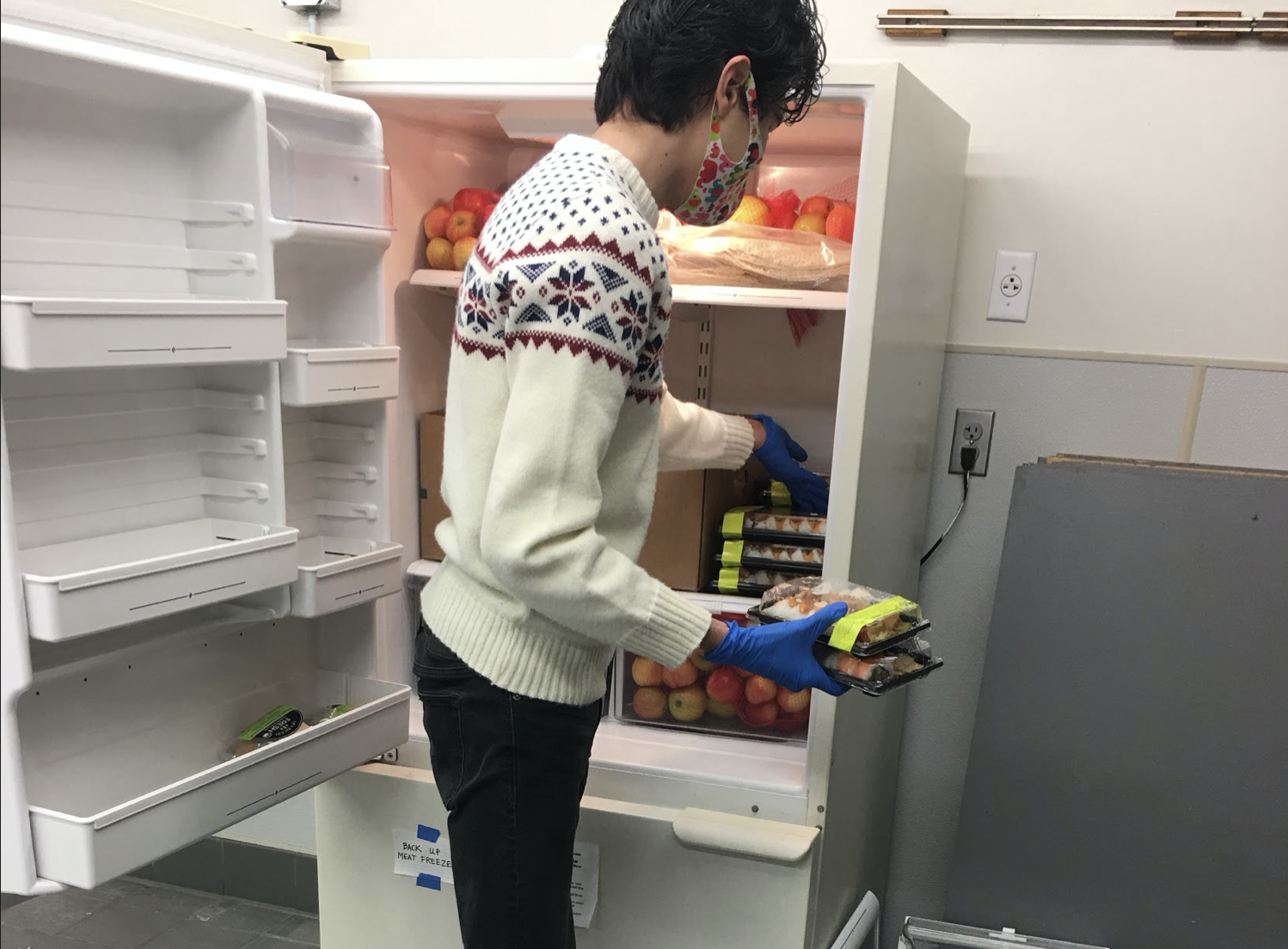Students rally behind petition advocating for a change in resident hall guest visitation policies
Sydney Carpenter | News Editor
On campus, University Housing has adapted to the ongoing challenges presented by COVID-19 by reducing housing capacity, reducing double rooms to singulars, ensuring masks are worn, prohibiting off-campus guests and students from visiting other students if they do not live in the same building.
In response to the current visitation policies, junior English education major Maya Schlosser-Hall created a petition advocating for a change.
“I created the petition because my partner also lives on campus, but in a different building,” said Schlosser-Hall. “The intention of the rule is clear; housing wants to protect their students from possible exposure. I have nothing but respect for housing staff and all the hard work they do. However, I do believe there are other ways of supporting students.”
After creating the petition, Schlosser-Hall received 193 responses. From there, Schlosser-Hall organized a meeting with Tina Fuchs — Dean of Students, Director, University Housing — and Shelly Clark — Associate Director, Residential Education.

“I was expecting to not be taken seriously,” said Schlosser-Hall. “I started the meeting knowing Kate Brown had submitted a two-week freeze over Oregon due to spikes of COVID-19.”
Much to Schlosser-Hall’s surprise, she reported that both Fuchs and Clark were encouraging and adamant in hearing what she had to say.
According to Schlosser-Hall, University Housing is listening to their residents; discussions regarding the policy had already been in process prior to the petition. Additionally, guest policies will be reflected upon prior to every term, and both Fuchs and Clark are taking the petition into deep consideration.

“One of the solutions (given to me by another student) is to think of guests as a resource for other students on campus. Instead of fully opening guest policies, this suggestion asks students to document one or two people they deem necessary for their mental, physical and academic wellbeing,” explained Schlosser-Hall.

Contact the author at scarpenter18@mail.wou.edu




